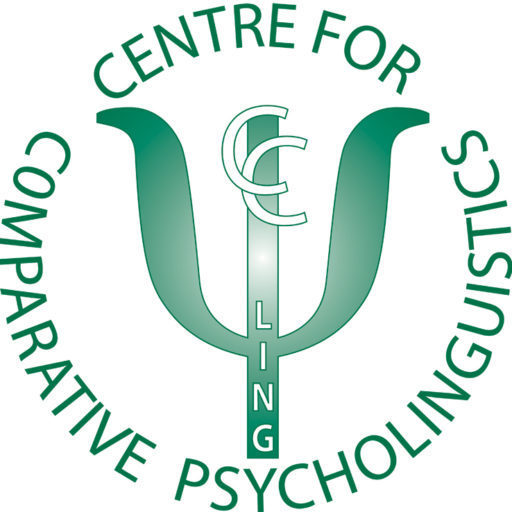Herbert L. Colston (University of Alberta, Canada)
This course uses figurative language research, predominantly from Linguistics and Psychology, to demonstrate some important methodological issues in experimental psycholinguistics. Figurative language research is comprised of varieties of research paradigms ranging from reading evaluations & subjective ratings, through eye-tracking & physiological measures, to tests & tasks used in mainstream cognitive and social psychology (e.g., memory). The course will show how combination of some of these paradigms is necessary to answer certain questions about language cognition, and is useful in addressing internal validity issues inherent in the use of singular methodologies.
The course is presented in three parts. First, a brief review of figurative language itself, common questions asked about it, standard hypotheses & accounts for explaining it, and methodologies & measures used in its study, will be presented. The course will then focus on several example studies that have used converging measures from different disciplines to address particular questions about specific kinds of figurative language (e.g., metaphor, verbal irony, hyperbole). Finally, the participants will engage in a hands-on exercise in designing an original study using converging measures, to answer a new question about how figurative language is comprehended or used.
